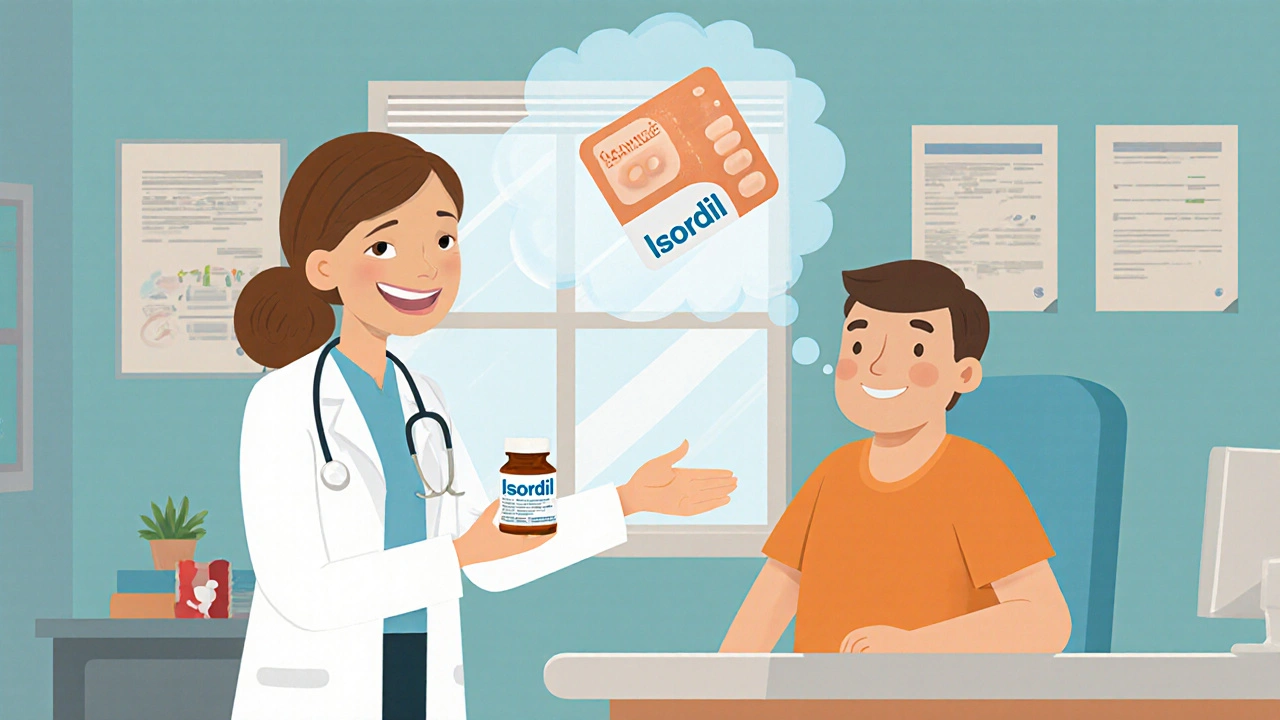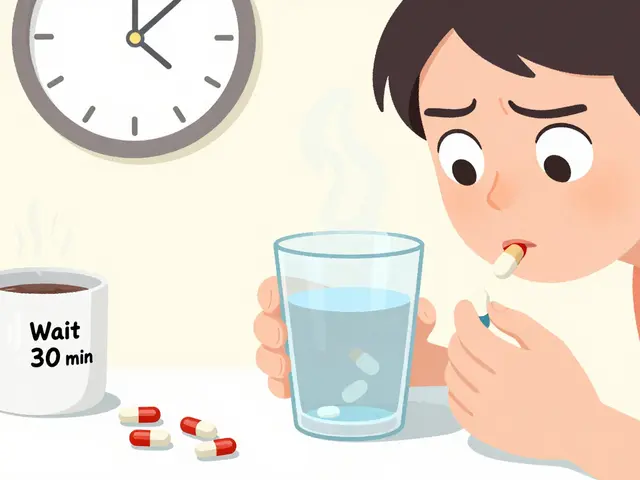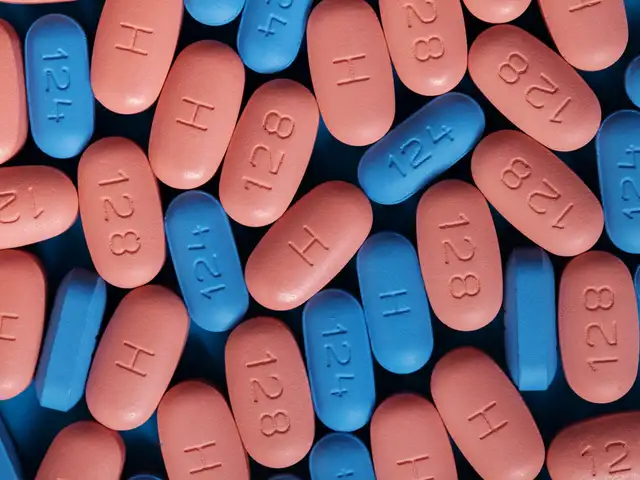Isosorbide Dinitrate: What It Does, Who Uses It, and What You Need to Know
When your heart struggles to get enough oxygen, Isosorbide Dinitrate, a nitrate medication used to treat and prevent chest pain from heart disease. Also known as ISDN, it works by relaxing blood vessels so your heart doesn’t have to work as hard. It’s not a cure, but for many people, it’s a daily tool that keeps them moving — whether it’s climbing stairs, carrying groceries, or playing with grandkids without that tight, squeezing pain in the chest.
Isosorbide Dinitrate belongs to a family of drugs called nitrates, which also includes nitroglycerin. While nitroglycerin acts fast for sudden attacks, Isosorbide Dinitrate is built for longer-term control. It’s often taken twice or three times a day, and doctors usually time the doses to avoid tolerance — meaning you can’t take it nonstop without breaks. This isn’t just a detail; skipping doses or taking it constantly can make it useless. It’s also commonly used alongside other heart meds like beta-blockers or calcium channel blockers — think of it as part of a team, not a solo player.
People taking Isosorbide Dinitrate often have angina, chest pain caused by reduced blood flow to the heart muscle, usually from coronary artery disease. But it’s not just for men over 60 — younger people with heart conditions, or those recovering from a heart attack, may also be prescribed it. It’s not for everyone, though. If you’re taking erectile dysfunction drugs like sildenafil or tadalafil, mixing them with Isosorbide Dinitrate can drop your blood pressure dangerously low. That’s not a risk you want to guess about. And if you’re on diuretics or other blood pressure meds, your doctor needs to know — the combo can make you dizzy or faint.
Side effects are usually mild — headaches, dizziness, flushing — but they’re common enough that people often stop taking it thinking it’s not working. In reality, the headache means it’s doing its job: widening those blood vessels. Still, if you’re getting lightheaded or your heart races, talk to your doctor. This isn’t a drug you adjust on your own. And while it helps manage symptoms, it doesn’t fix the root cause. That’s why it shows up in posts about heart disease management, drug interactions, and lifestyle changes that support heart health.
You’ll find posts here that dig into how Isosorbide Dinitrate compares with other heart meds, what to watch for when combining it with supplements like fish oil or aspirin, and how it fits into broader treatment plans for people with high blood pressure or heart failure. It’s not just about the pill — it’s about how it fits into your life, your other meds, and your long-term heart health. Whether you’re just starting out or have been on it for years, the information below gives you the real talk — no fluff, no jargon, just what matters.

Isordil (Isosorbide Dinitrate) vs Common Alternatives: A Practical Comparison
A detailed comparison of Isordil (Isosorbide Dinitrate) with nitroglycerin, mononitrate, hydralazine, ACE inhibitors and amlodipine, covering efficacy, side effects, cost and clinical use.





